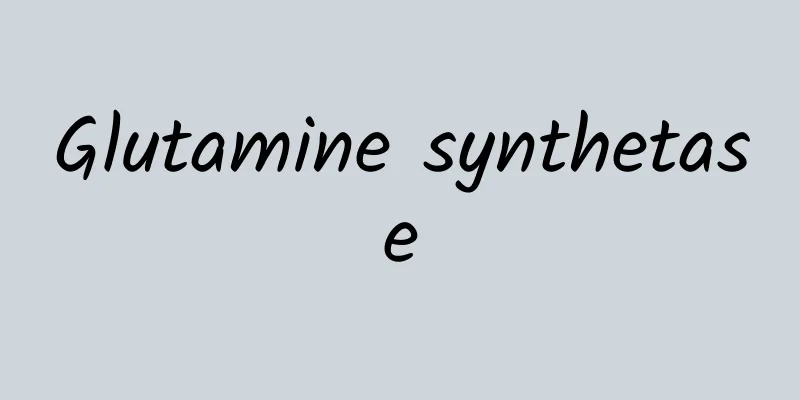Glutamine synthetase

|
As we all know, the normal functioning of our human body is inseparable from the cooperation of many aspects, such as some organs, substances, etc., none of which is indispensable. In fact, in addition to these macro aspects, there are some surrounding substances that play a very important role in human health. Similarly, the human body cannot do without these tiny substances, such as minerals, as well as some salt, potassium, zinc, calcium, enzymes, etc., which are invisible to our naked eyes. When it comes to enzymes, most people probably have no idea what they are, but for those scholars and experts in the field of biology, they are very familiar with them. They clearly know the importance of these enzymes to our bodies and the impact they will cause if they are indeed effective. Let me introduce you to an enzyme: glutamine synthetase. Glutamine synthetase is an enzyme that controls nitrogen metabolism. The amino acid glutamine is not only used by cells to synthesize proteins, but also to transport nitrogen. Free ammonium ions are toxic to organisms and cannot exist in too much amount in the blood. However, some biological processes produce free ammonium ions, so glutamine is used to transport these ammonium ions. When cells need to transport excess ammonium ions, they use ammonium ions and glutamate to synthesize glutamine, consuming ATP. This reaction is catalyzed by glutamine synthetase. This reaction is carried out in two steps. The enzyme first allows ATP and glutamate to react to produce γ-glutamyl phosphate; then ammonium ions come up and replace the phosphate. In the study of higher plants, GS is often defined as an enzyme necessary for plant ammonia assimilation. Human glutamine synthetase is called hGS. Glutamine synthetases can be divided into three major groups: GSI: distributed in prokaryotes. GSII: Mainly distributed in eukaryotes and a small number of bacteria, such as rhizobia and actinomycetes. GSIII: Currently only found in a small number of bacteria, such as Bacteroides fragilis and Butyrivibrio fibrinolyticus. Through the above detailed introduction to glutamine synthetase, I believe many people have a further understanding of glutamine synthetase, and also know the importance of glutamine synthetase to our human body. That is why we need to better restore our bodies to ensure that the quantities of these enzymes remain normal in order to maintain basic health and stability of the human body. |
Recommend
Initial symptoms of neuron disease
Neuron disease is a type of damage to motor neuro...
What to do if your facial skin is sagging? How can I relieve sagging facial skin?
Muscles and fat are the biggest support for the s...
Sudden bleeding at eight weeks of pregnancy
Because snacks are popular now, many female frien...
How to tell your health status from your nails?
The four diagnostic methods of traditional Chines...
Is it not recommended to fill teeth with shallow pit and fissure caries?
If you have shallow pits and fissure caries, you ...
Medicine to make Yin essence grow
The size of the penis has a great impact on the q...
Treatment of verrucous nevus with traditional Chinese medicine
When treating verrucous warts with traditional Ch...
How to deal with frequent urination due to kidney deficiency? There are ways to treat frequent urination due to physical kidney deficiency
Traditional Chinese medicine believes that the ki...
Can wormwood cure diarrhea?
The functions of mugwort can be said to be rich, ...
Early manifestations of sepsis in children
Pediatric sepsis can have a huge impact on the he...
Functions and indications of tylosin fumarate
We don't know much about some medicines. For ...
Difference Between Sarcoma and Lipoma
Nowadays, tumors have become a disease that troub...
What should we pay attention to in the postoperative care of pneumothorax?
Pneumothorax is actually a symptom of gas accumul...
What to do if baby has prickly heat on back
In the hot summer, the biggest worry of mothers i...
Varenicline tartrate tablets warnings
Varenicline tartrate tablets are a drug used for ...









